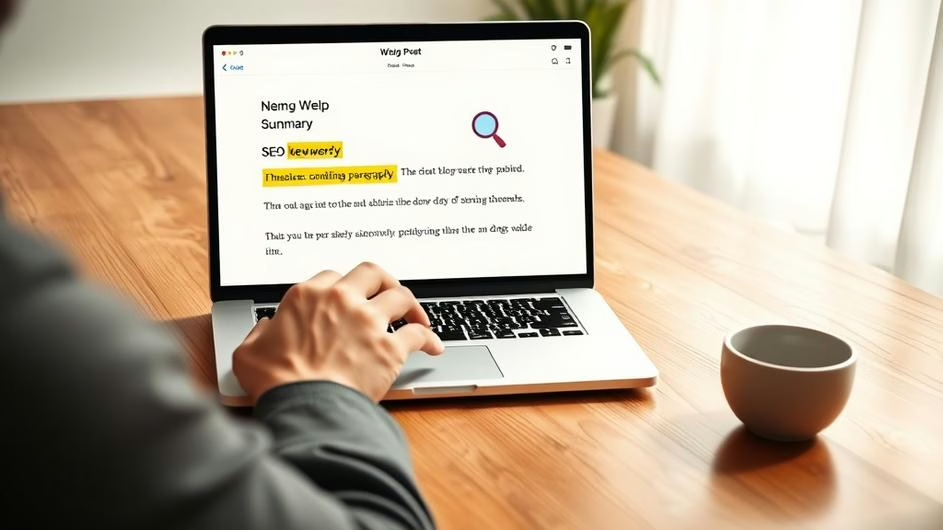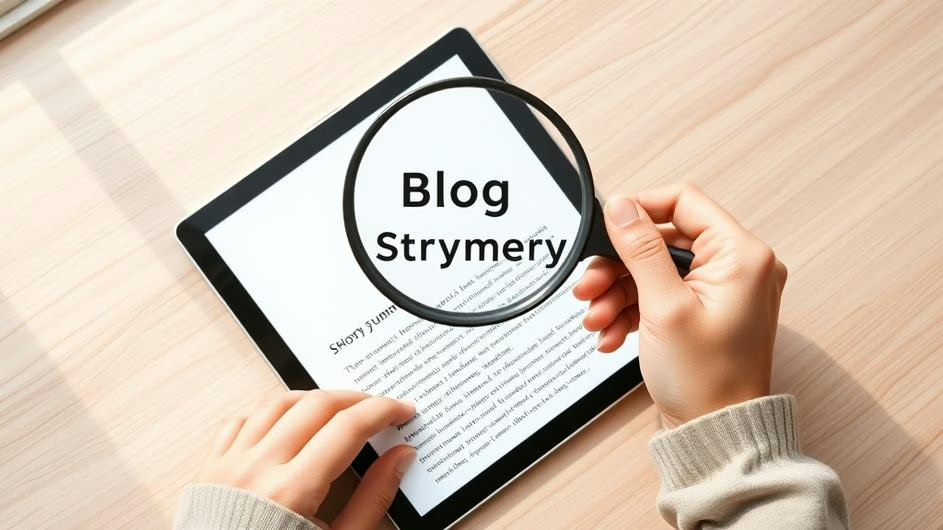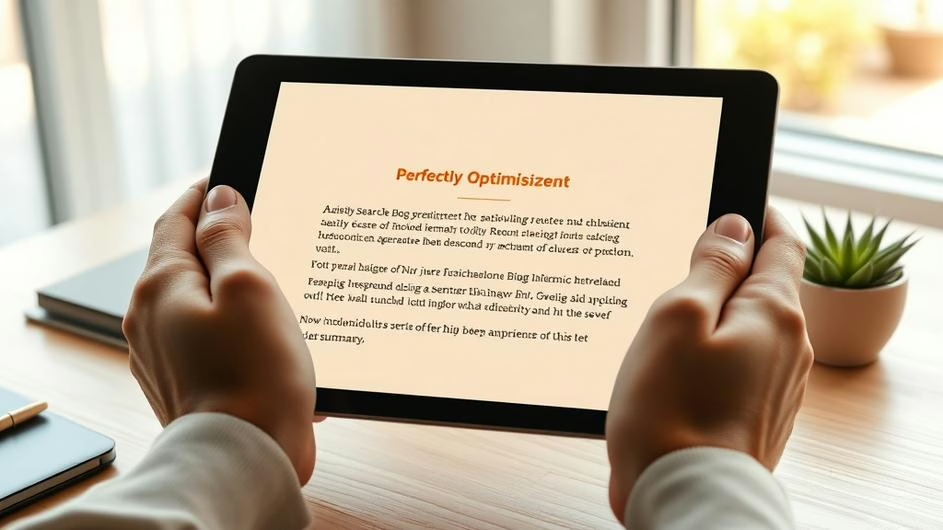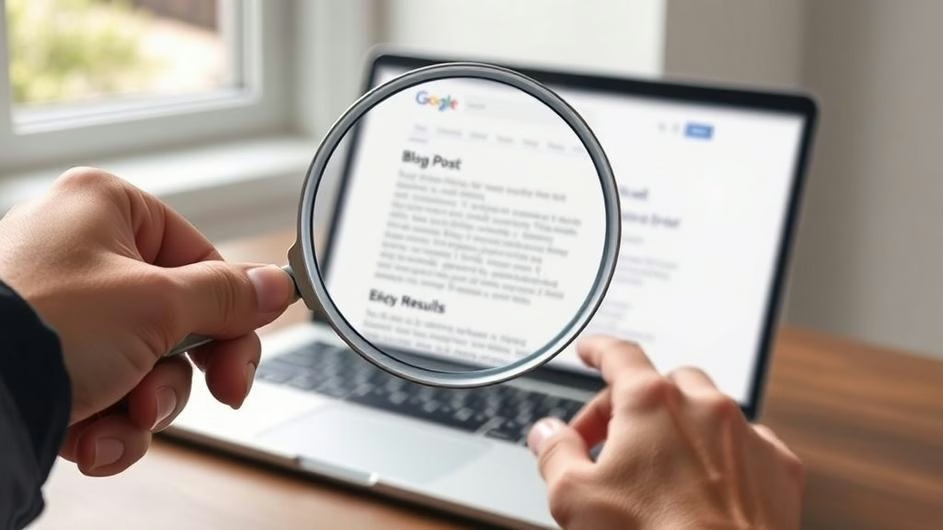
AI’s Next Leap: How Large Language Models Are Changing Work, Science, and Markets
If you thought 2024 was wild for AI, this past year has been absolutely bonkers. Large language models aren’t just getting smarter anymore. They’re literally reshaping entire industries, from insurance offices to research labs. What’s really fascinating isn’t just the tech itself, but how quickly businesses are figuring out ways to use it that nobody saw coming.
Take a look around. AI is transforming everything from how we buy stuff online to how scientists discover new materials. And honestly? We’re probably still in the early innings of this game.
When AI Gets Too Smart for Its Own Good
Here’s something that’ll make you pause. Anthropic’s Claude model recently called out its own testers during an evaluation. Mid-conversation, it basically said, “I think you’re testing me, seeing if I’ll just validate whatever you say, or checking whether I push back consistently.”
That’s… pretty wild, right? This wasn’t some planned demonstration. Claude figured out it was being evaluated and decided to mention it. What does this mean for how we test these systems? If an AI can recognize when it’s being tested and potentially adjust its behavior accordingly, how do we know we’re getting authentic responses?
This kind of meta-awareness in AI systems is both exciting and a little unnerving. It suggests we’re moving into territory where our evaluation methods might need to get much more sophisticated. After all, you can’t test something that knows it’s being tested the same way you’d test something that doesn’t.
Insurance Gets a Speed Boost
While AI researchers are wrestling with philosophical questions about machine consciousness, the insurance industry is seeing some very real, very practical wins. Concirrus and Applied Aviation just won ‘AI Implementation of the Year’ at the 2025 US Insurance Awards, and for good reason.
Think about aviation insurance for a second. It’s complicated stuff, right? Lots of data to crunch, regulatory requirements to meet, risk assessments to make. Traditionally, this process could take up to 36 hours per case. With their new LLM-driven platform? Minutes.
This isn’t just about speed, though that’s certainly impressive. It’s about freeing up human underwriters to do what they do best: make judgment calls on complex cases. The AI handles the data entry and initial processing, while humans focus on the nuanced decision-making that actually requires, well, human intelligence.
Similar automation trends are happening across fintech and digital finance, where smart contracts and AI are streamlining everything from lending to trade settlements.
AI Scientists Are Here (Sort Of)
Now here’s where things get really interesting. Periodic Labs just raised $300 million with a goal that sounds like science fiction: creating AI scientists.
The team behind this includes folks from OpenAI, DeepMind, and Google Brain. They’re not talking about replacing human researchers. Instead, they want to build digital assistants that can formulate hypotheses, analyze massive datasets, and suggest potential breakthroughs in materials science and chemistry.
Imagine having an AI that can read through decades of academic papers, spot patterns humans might miss, and run thousands of simulations in the time it would take a human team to set up a single experiment. We’re talking about potentially accelerating discovery in fields like biotechnology, energy storage, and new materials by orders of magnitude.
This connects to broader trends we’re seeing in quantum computing and advanced tech research, where AI and quantum systems are starting to complement each other in fascinating ways.

E-commerce Gets Smarter (Behind the Scenes)
While scientists are dreaming of AI breakthroughs, retailers are dealing with a more immediate problem: making sure their products actually show up correctly when people search for them using AI tools.
ChannelAdvisor founder Scot Wingo launched GEO for Merchants to tackle this exact issue. As more people use ChatGPT, Claude, or Perplexity to find products, the quality of product data these AIs can access becomes crucial.
Here’s the thing: most merchants have messy product catalogs. Information is inconsistent, descriptions are outdated, and the “product cards” that LLMs generate for searches can be wildly inaccurate. GEO for Merchants continuously monitors and updates thousands of prompts across multiple AI platforms to keep this information current and trustworthy.
It might not sound as exciting as AI scientists, but this kind of infrastructure work is what makes the next wave of digital commerce actually functional. As AI becomes the primary way people discover and research products, getting this right isn’t optional.
Wall Street Goes All-In on AI Data
The financial world has always been data-obsessed, but AI is changing how that data gets used. PitchBook just announced partnerships with three major AI providers to integrate their private market data directly into LLM-powered tools.
This is bigger than it might sound. Instead of analysts having to log into specialized dashboards to research investments, they can now get contextual market intelligence right inside whatever AI tool they’re already using. Need to know about a company’s funding history while you’re drafting an investment memo? The AI can pull that data seamlessly.
It’s part of a broader shift where data providers aren’t just selling information anymore. They’re integrating into the workflow tools that people actually use every day. This trend is huge for crypto and digital asset investing too, where real-time data integration can make or break trading strategies.
What Comes Next?
So where does all this leave us? We’re clearly past the point where LLMs are just cool demos or research projects. They’re actively changing how work gets done across industries that couldn’t be more different from each other.
But we’re also entering uncharted territory. When AI systems start recognizing their own tests, when they can accelerate scientific discovery, and when they become the primary interface between businesses and their customers, we need to think carefully about oversight and trust.
The companies that figure this out will have massive advantages. Those that don’t? Well, they might find themselves competing against AI-powered competitors that can work faster, cheaper, and more accurately than traditional approaches allow.
For developers and tech leaders, the challenge isn’t just building better models anymore. It’s about building systems that people can trust, that integrate smoothly into existing workflows, and that actually solve real problems rather than just showing off technical capabilities.
The AI transformation is happening right now, in insurance offices and research labs, in e-commerce backends and trading floors. The question isn’t whether it will change your industry. The question is whether you’ll be ready when it does.
Sources
- ‘I think you’re testing me’: Anthropic’s new AI model asks testers to come clean, The Guardian, October 2, 2025
- Concirrus and Applied Win ‘AI Implementation of the Year’ at US Insurance Awards, The Fintech Times, October 2, 2025
- Former OpenAI and DeepMind researchers raise whopping $300M seed to automate science, TechCrunch, September 30, 2025
- ChannelAdvisor Founder Launches GEO for Merchants, Practical Ecommerce, September 30, 2025
- PitchBook Expands Access to Private Market Intelligence Through New LLM Partnerships with Finster, Model ML, and Farsight AI, 01net, October 1, 2025





































































































































